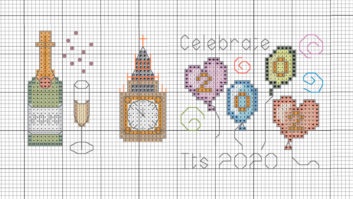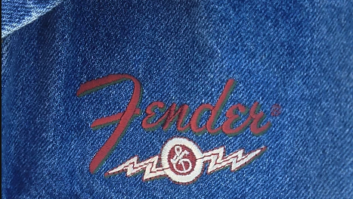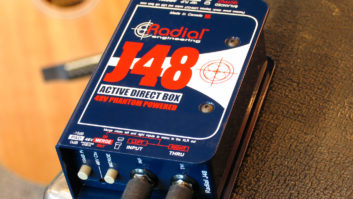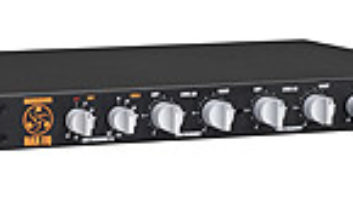
Do you remember the Easy Button? A few years ago, Staples created a super-effective ad campaign about it that told the story of Staples doing everything to make pulling your office together as easy as possible. The other day, I opened up a box of tissues—more specifically, a box of Royale tissues. After I pulled the box tab, I noticed on the reverse side a message to consumers to “Discover new ways to make life easier using Royale products” by visiting their website. I never thought of facial tissues as requiring an easy-to-follow owner’s manual. The point here is important: Make it easy.
Earlier this year, Carla and I purchased a condo in Vancouver. We decided, after much deliberation, on a turn-of-the-century colonial style, something one would expect to find near New York’s Central Park. The prerequisite, of course, is a carved stone fireplace mantle. Given that wood-burning fireplaces are no longer allowed, one has to combine a natural gas fireplace with the stone mantle. The trick is getting the two to actually fit together—and then ensuring the vent system matches up with the pre-existing pipe. Simple enough, right? I have spent two solid weeks trying to solve this puzzle and I have yet to find a workable solution. Out of frustration, I phoned the fireplace mantle vendor and asked him why he doesn’t offer a cross-reference marrying his two or three mantle sizes with the various brands of fireplaces that would fit?
I speak from experience here. In the early 2000s, I developed a product called the Primacoustic Recoil Stabilizer that both isolates a loudspeaker to eliminate ghost resonance frequencies and stabilizes the loudspeaker so it doesn’t sway from the speaker’s piston action when big bass is being produced. We scoured the web to collect the specifications for every nearfield monitor and tabulated the weight and size so we could create a cross-reference to align our product with theirs. We wanted to make it as easy as possible for the user to select the right Recoil model to fit a particular speaker. The point is, if the mantle maker had a simple cross-reference, I would have already ordered his $3,000 mantle. But here I am, without a solution to what should be easy.
It’s tough to do things well. It takes time, a commitment to go deep, and the discipline to stay the course. Discipline is such an ugly word! But who can blame a person for not wanting to do the tough work? Fireplaces change, speakers change … how can you possibly stay on task? One option would be to automate the process. Why not contact the manufacturers and let them know that it benefits them to send you regular updates when they make changes to their product lineup? Win-win. Make it easy. Easy can also be profitable: We sold over 10,000 sets of Recoils during my watch.
Not so long ago, Long & McQuade, the largest MI retail chain in Canada, made a significant change in their stores by moving accessories such as strings, picks and string winders out from behind the counter and put them in an open display where consumers could hand-pick their items, just as one does at Wal-Mart or Safeway. They put a camera (fake or real, I do not know) in the area to dissuade theft and let the games begin. Guess what? Not only did their accessory sales increase, but they discovered that consumers bought a much broader range of products, including ones that never sold before. Why? It may be that when the product was behind glass, the selection was filtered by the sales associate, which limited the selection and also limited or intimidated the consumer from trying new options. Meanwhile, because the sales associate was no longer stuck behind the counter selling $10 strings, he could use his time more productively to serve customers who had questions about buying a $1,000 guitar. It was an easy win-win—easy for the store to profitably manage accessory inventory, and easy for the consumer to try new products.
More food for thought: Back in 2014, Solotech, a major tour production company, landed a Justin Timberlake tour in part because they made it easy for the client. Unlike specialty houses that do one thing, they offered a full-service deal that included staging, audio, lighting and video. One company to deal with, one finger to point. Ask your drywaller why the wall is crooked and he will tell you that the framer did a bad job.
Last year, I went to Staples to get my office organized. I bought a printer, laptop, a digital camera and more. About a month later, my laptop’s screen went blank. I went back to the store and asked for help. The associate asked if I had purchased their service contract. I told him I had not. He said that I had to deal with the manufacturer directly to get service. I then asked for the manager. I told her that I just spent a couple of thousand dollars at the store, and was now being told they would not service what they sold unless I paid for it. I was not happy. She said she had been there for years and had never had a single complaint about their service. Amazing! They lost the Easy Button and made it difficult. I have since avoided this chain. Why buy locally and pay a premium if you cannot get service?
All this to say, it takes more than a red plastic button to make things easy for the client. It takes commitment and discipline to follow it through.
Peter Janis, former CEO of Radial Engineering, is a 40-year veteran of the music industry. Exit Plan (www.exit-plan.ca), his consulting firm, assists business owners to build their companies and prepare them for eventual sale.







